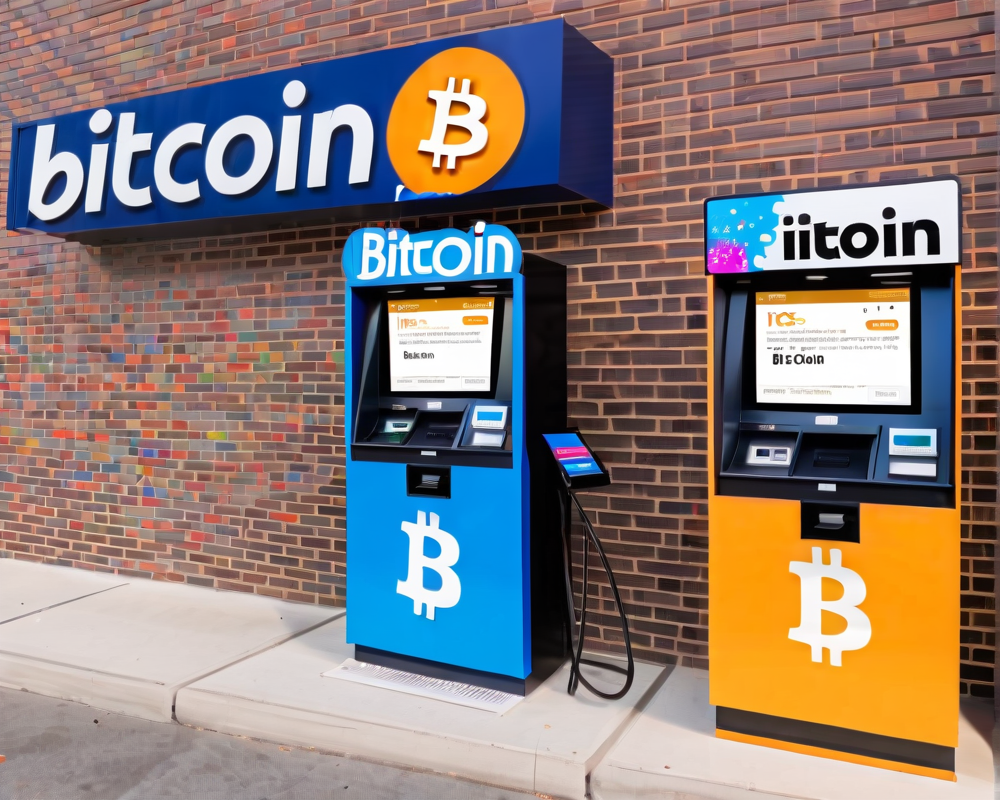The IRS Is On the Case
John Fort, the Chief of the Criminal Investigation division of the IRS, recently disclosed some eyebrow-raising news about the agency’s interest in Bitcoin ATMs and kiosks. With over 4,100 of these machines scattered across the U.S., the IRS is keen on understanding the potential tax implications tied to their operations, especially in relation to illicit activities.
Role of Technology in Tax Regulation
Fort emphasized that the IRS is not working alone; they’re teaming up with law enforcement agencies to keep an eye on how cryptocurrencies are being utilized. He noted, “We’re looking at those, and the ones that may or may not be connected to bank accounts […] If you can walk in, put cash in, and get bitcoin out, that raises some flags.”
Survey of the Landscape
The landscape of Bitcoin ATMs is quite extensive. According to reports from Coin ATM Radar, these machines not only allow users to buy Bitcoin but also sell it, often charging a fee for the service. Fort pointed out the need for these companies to follow regulations similar to traditional financial institutions, such as Know Your Customer (KYC) rules. Despite this, he highlighted that some operators might not fully comply with these regulations.
The Murky Waters of Taxation
With cryptocurrency gaining traction, tax obligations remain vague and complicated. Fort described cryptocurrency tax issues as an “emerging threat.” He pointed out that the inherent opacity of the crypto world poses challenges for the IRS, making it easier for individuals to skirt around tax regulations. “We haven’t had any public cases filed, but we do have open cases in inventory,” Fort confessed, leaving many to wonder about the nature of these ongoing investigations.
Like-Kind Exchanges and Confusion
Adding to the complexity, Suzanne Sinno, an attorney in the IRS Office of the Associate Chief Counsel, made it clear that cryptocurrencies have always been ineligible for like-kind tax exemptions. This type of transaction allows asset swaps without generating a tax liability, which can be a headache for crypto traders who were unsure about their obligations before the 2017 tax overhaul. While the new laws clarified many issues, shadows of uncertainty still linger.
Wrapping It Up
As the IRS ramps up scrutiny on Bitcoin ATMs, individuals dabbling in crypto need to stay informed about the evolving regulations. If you think casually tossing some cash into a vending machine for Bitcoin is harmless, think again. It might just draw the attention of a very interested government agency!




